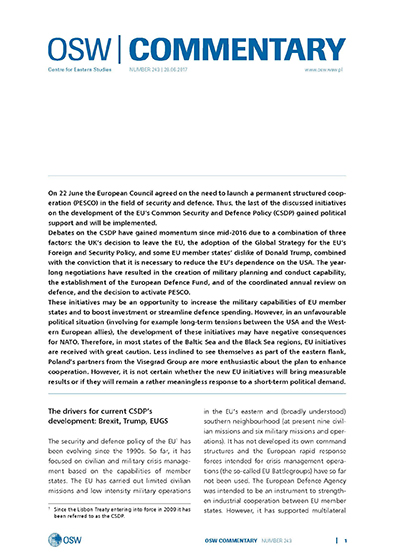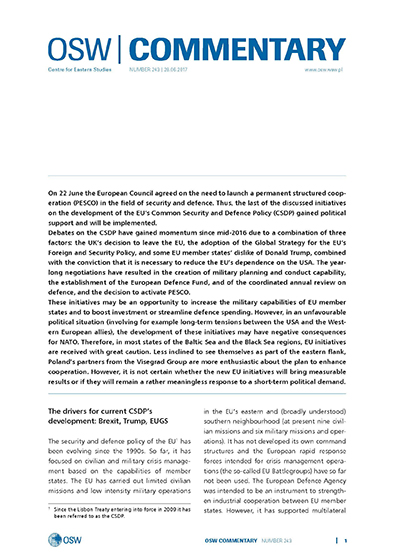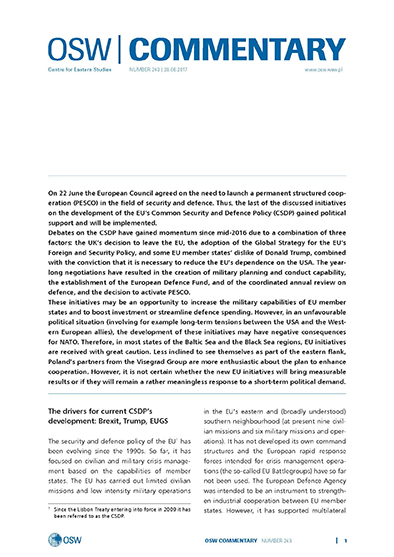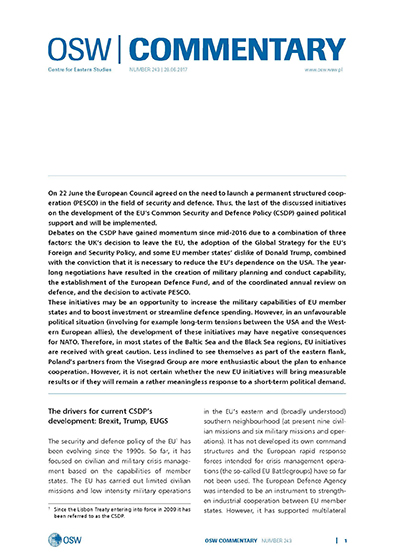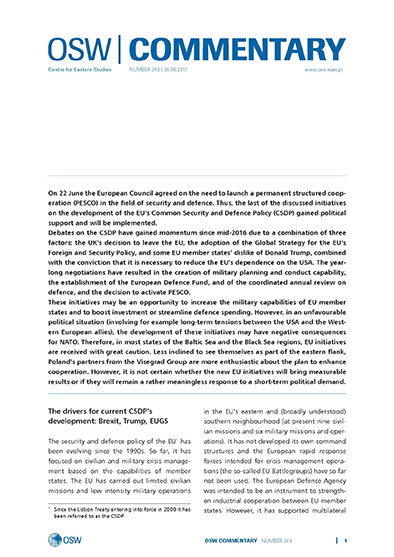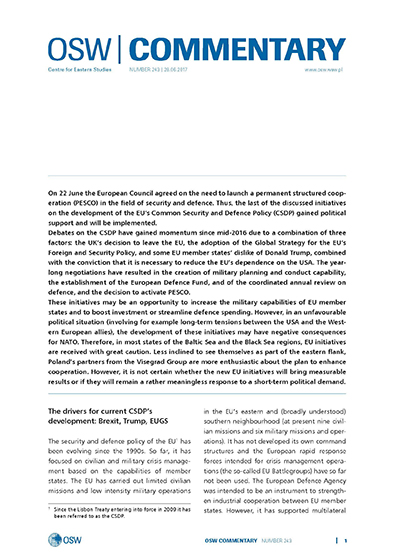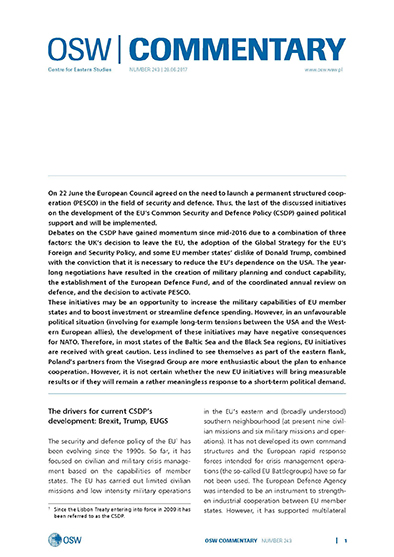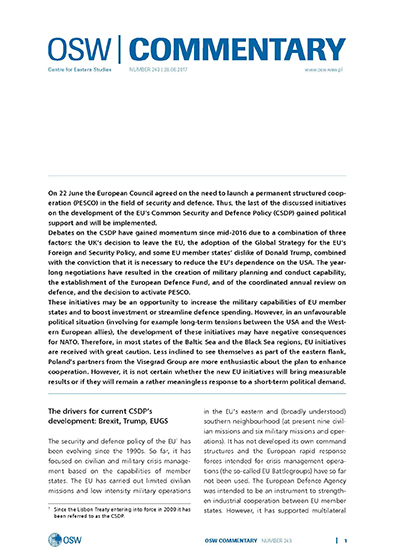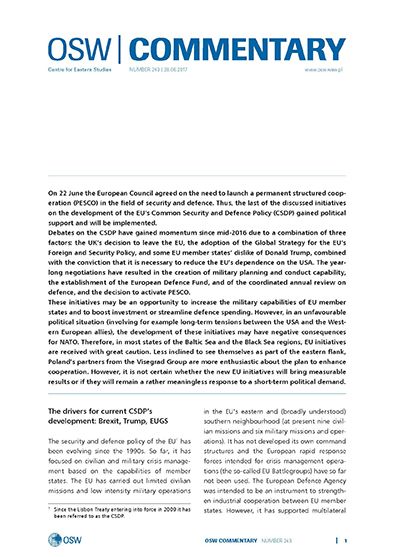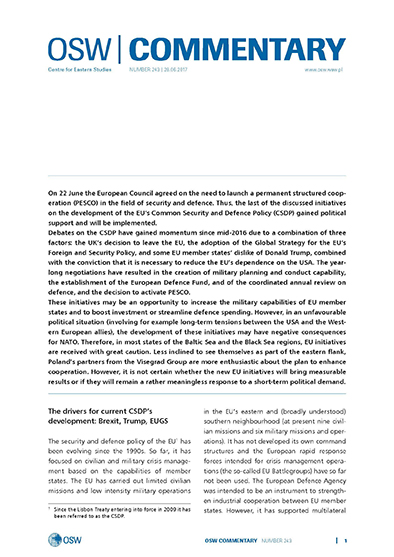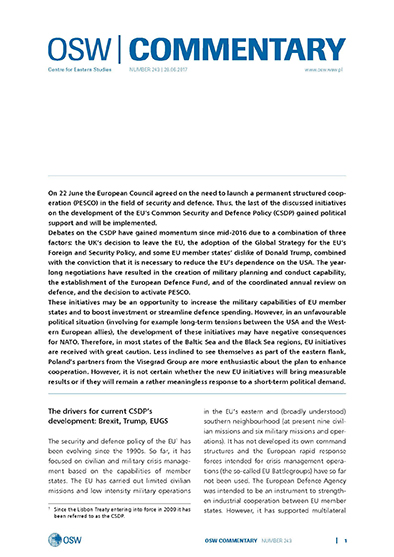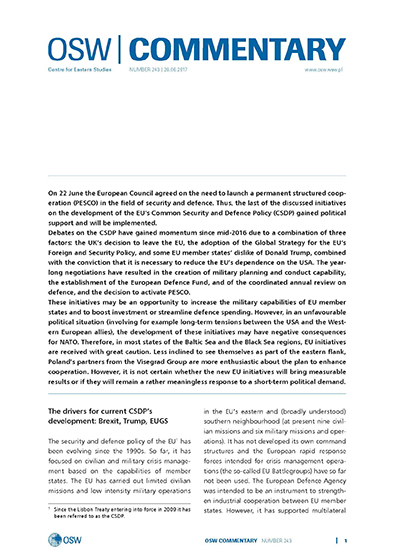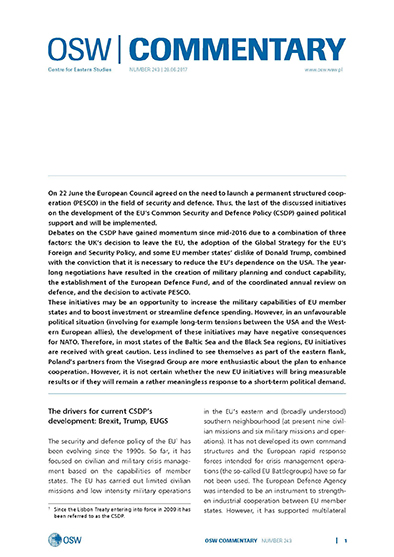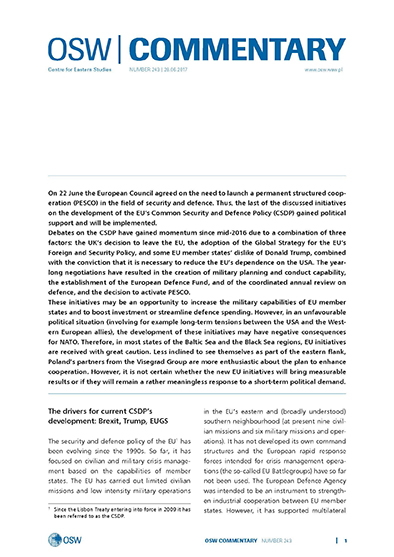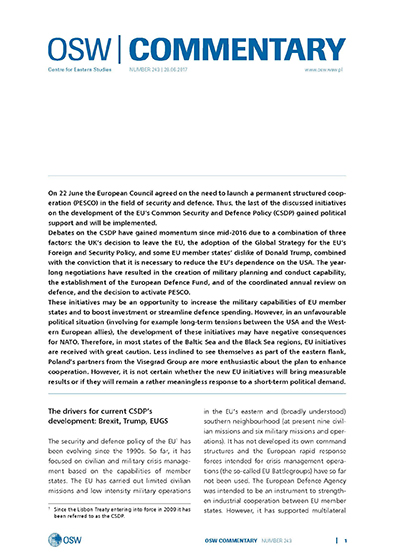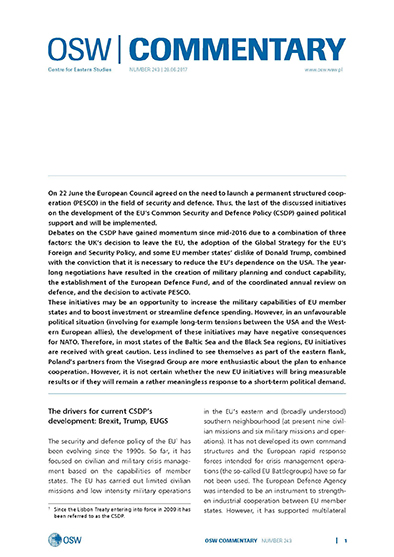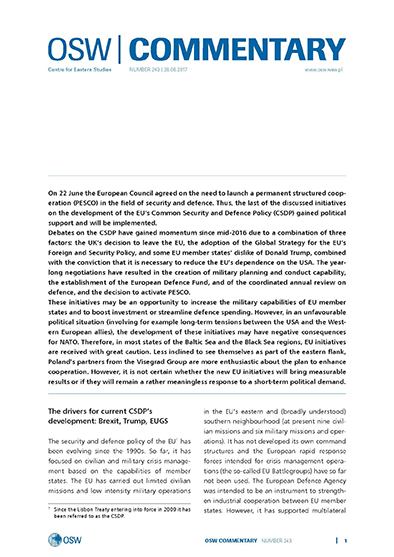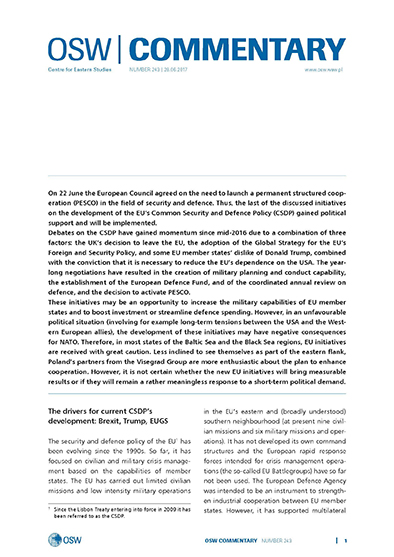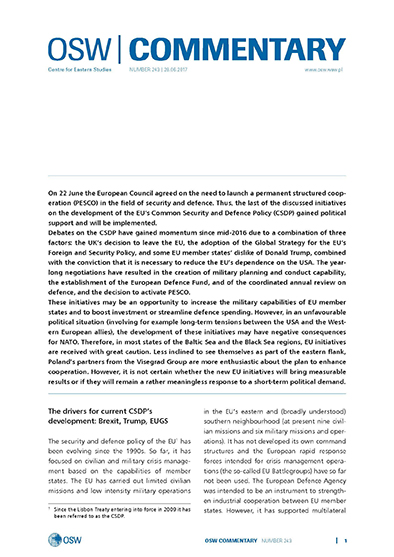
Big business in Belarus - its genesis, conditions and prospects
Big business in Belarus - its genesis, conditions and prospects
Keywords: Big business; Belarus
Over the past ten to twenty years, Belarus has seen a steep rise in the number of local dollar millionaires. This has somewhat undermined the myth of an egalitarian model of society promoted through the Belarusian state propaganda.There is a small group of businessmen among the top earners who, in exchange for their political loyalty and their consent to share profits with those in power, have enjoyed a number of privileges that allow them to safely conduct business in an environment typically hostile to private enterprise. The favourable conditions under which they are operating have enabled them not only to accumulate substantial capital, but also to invest it abroad. However, since such businesses are seen as providing a financial safety net for the regime, in 2011 and 2012 some of their directors received an EU travel ban, while their companies were subjected to economic sanctions by Brussels. At the same time, fearing that Belarus’s big business could become powerful enough to influence the country’s political scene (as has been the case in Russia and Ukraine), Alexander Lukashenka has actively prevented such players from becoming too independent. Consequently, Belarus has so far not developed its own elite class of oligarchs who would be able to actively influence government policy. The current informal agreement between the government in Minsk and big business has proved stable and is unlikely to change in the near future. Nonetheless, a reordering of state power giving Belarus’s big business significant political influence would be possible should Mr Lukashenka lose power in the next presidential election.
More...
